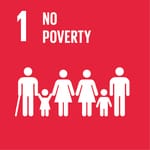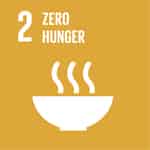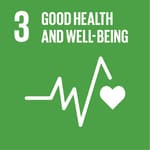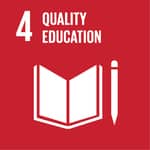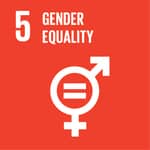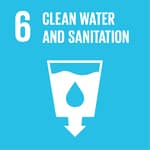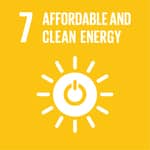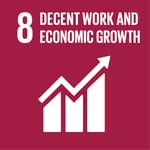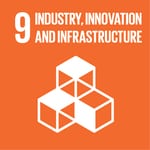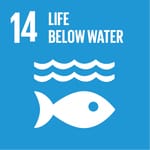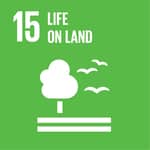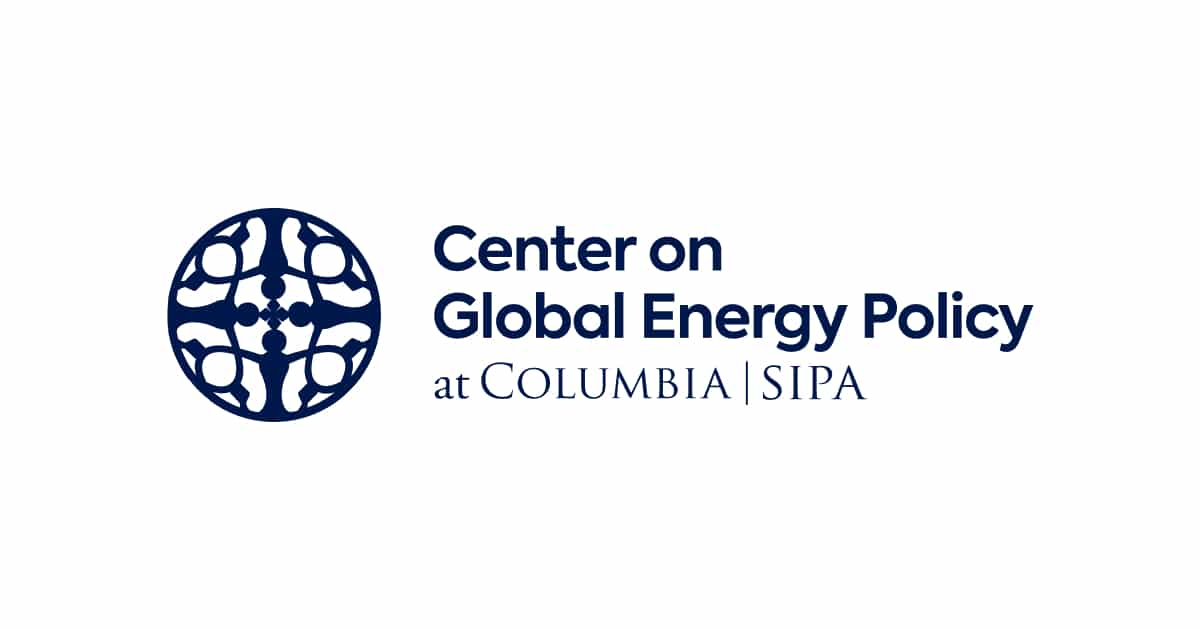It aims to address the economic dynamics of global change and the challenge of considering how to manage economic development and use of natural resources so as to maximize wellbeing within the frames set by the capacity of the biosphere. It contributes to a better understanding of the interplay, between global environmental change and human affairs, by combining economic studies with a range of disciplines to produce high-quality science of relevance to society. It also builds on the recognition that social systems are intricately and inextricably linked to natural systems and embedded in the biosphere.
It’s staff members deliver talks and engage in activities around the world, e.g., “The environmental and health impacts of transboundary air pollution from China to the U.S.” Started as a five-year research program at the Royal Swedish Academy of Sciences, but has been extended since then. It is funded by the Family Erling-Persson Foundation.
Programs:
- Global Health and Biosphere Stewardship – Focuses on a way to tackle everything from “antibiotic resistance to human health, habitats, and food production”, while working to uncover connections between environmental sustainability and global health.
- Biosphere Finance – Focuses on studying finance and capital markets, in terms of their link to the latest research on planet Earth as a system to uncover new opportunities for “progressive social development in conjunction with the biosphere dynamics.”
- Former Research themes
Publications:


